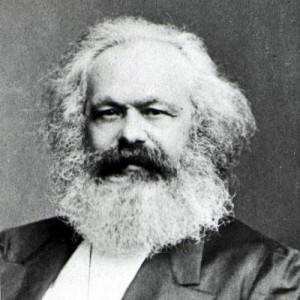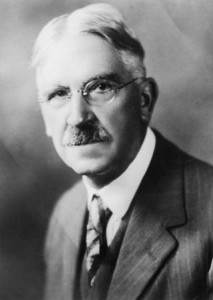 To Ottoline Cavendish-Bentinck Morrell
To Ottoline Cavendish-Bentinck Morrell
22 Beaumont Street Sunday
Oxford, England. Sunday [Autumn 1916?]
Dear Lady Ottoline,
If you have an instinctive antipathy to German philosophy, you ought to find my new book agreeable. However, I don’t expect you to read it all, and you must feel quite free to give it away or lend it to anyone who you think is ripe for sound doctrine, and not an incorrigible admirer of Lord Haldane.
I should have been to see you long ago if I hadn’t been far from well; in fact I am so seedy that at Mrs Morrell’s suggestion I am off tomorrow to Harrogate. If I return from there as light as a bird, I shall soon fly to Garsington.
I haven’t got so far as to read book about Dostoevsky, having scarcely read one of his own—only “Crime and Punishment”: but I liked the spirit of it, though the letter didn’t seem to me very beautiful.
Yours sincerely, G Santayana
From The Letters of George Santayana: Book Two, 1910-1920. Cambridge, MA: The MIT Press, 2001.
Location of manuscript: Harry Ransom Humanities research Center, University of Texas at Austin




